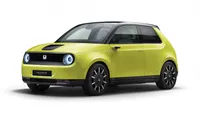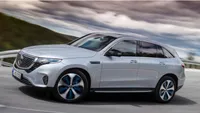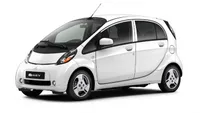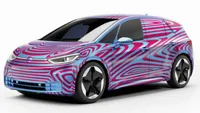Robert Llewellyn on his favourite electric cars and going green
You may know Robert Llewellyn best as Kryten from Red Dwarf, or as presenter of classic UK TV show Scrapheap Challenge. But he is also one of the leading voices promoting green energy, and the benefits of electric cars over their “dirty” petrol counterparts. He is currently working with Smart Energy GB, the “the campaign…
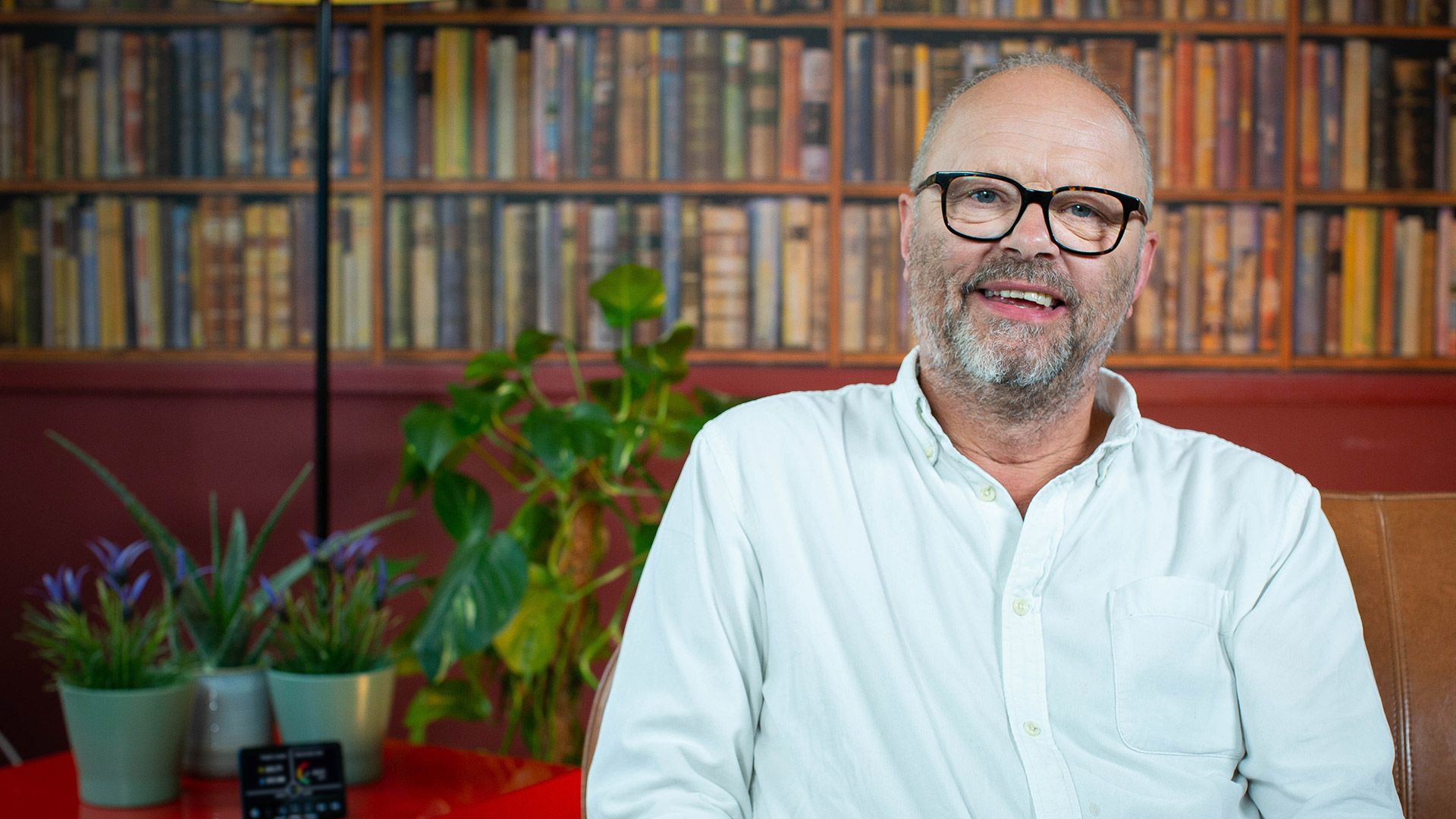
Get exclusive shortlists, celebrity interviews and the best deals on the products you care about, straight to your inbox.
You are now subscribed
Your newsletter sign-up was successful
You may know Robert Llewellyn best as Kryten from Red Dwarf, or as presenter of classic UK TV show Scrapheap Challenge. But he is also one of the leading voices promoting green energy, and the benefits of electric cars over their “dirty” petrol counterparts.
He is currently working with Smart Energy GB, the “the campaign for a smarter Britain”. It wants to get us all schooled-up on the benefits of smart meters. And to become a little more mindful of the energy we use in our daily lives.
- Don't miss: best smart thermostats shortlist
Smart Energy GB is a not-for-profit entity that slots into the UK government’s smart meter roll-out plans. You’ll find some neat nonsense-free articles on its website, including a “myth buster” piece on smart meter issues.
We talked to Robert Llewellyn about what got him into the greener energy movement.
Going green
"What got me into the into the area? About 18 years ago in California we were making Scrapheap Challenge in the USA. It was just a fluke of the fact I was spending a lot of time with lots of engineers who were on the show, many of whom were working in the really early development stages of the new generation of electric cars that we're seeing now.
"So they were using laptop batteries, and electric motor drive trains: really, really basic stuff.
"It was quite Scrapheap-ish, in a way, as they were developing that technology four or five years before Tesla was formed. But a lot of those engineers went on to work in that field.
Get exclusive shortlists, celebrity interviews and the best deals on the products you care about, straight to your inbox.
"I was kind of slightly baffled and confused but it, thinking why bother, you know, we've got cars. Why are they doing this?"
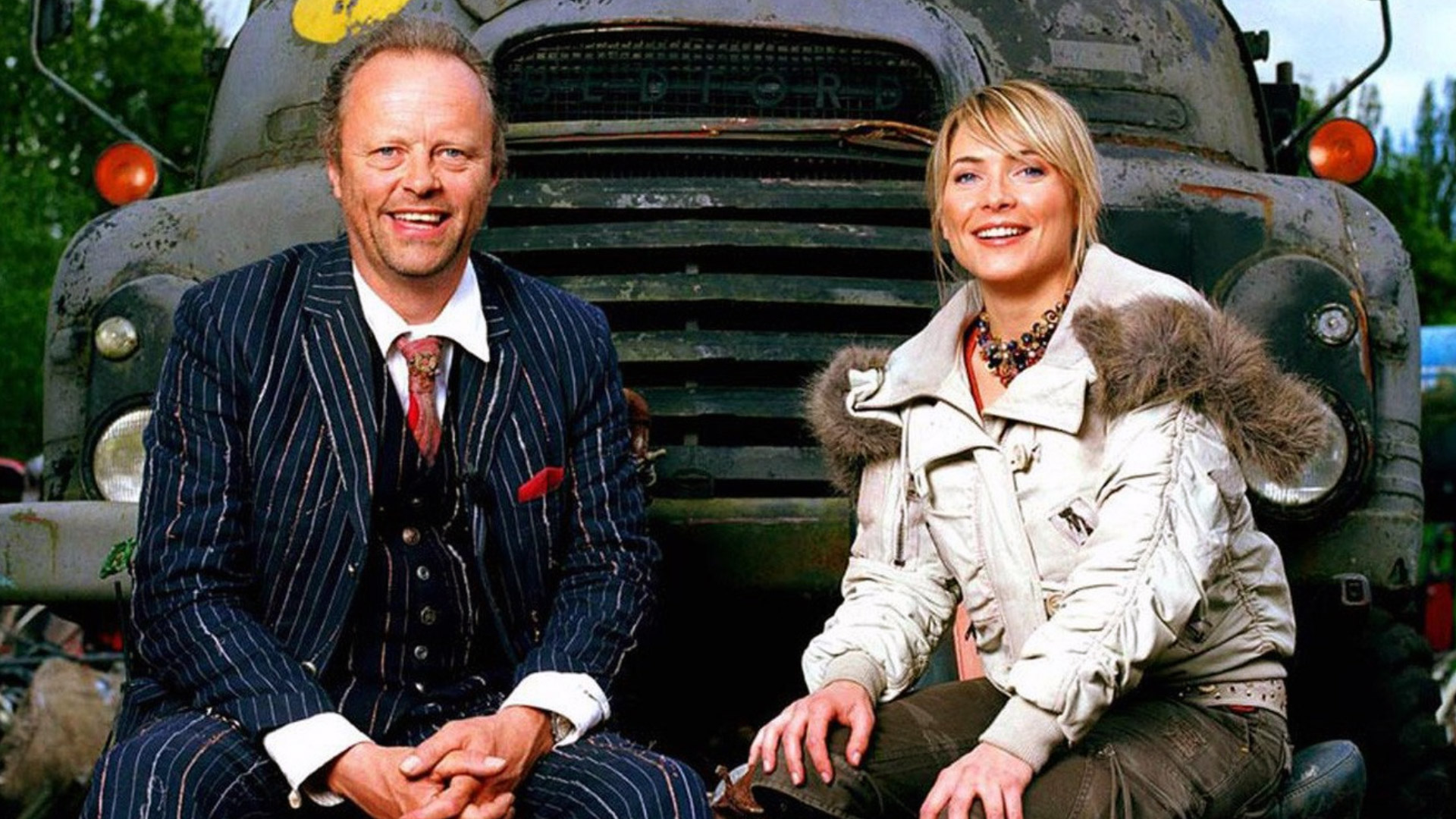
The air pollution problem
"It was sort of a very slow process of learning and understanding about that, and what was particularly driving that technology in California, which was very much local air pollution and the very negative effects that was having on particularly on children and old people in Los Angeles.
"[LA] has had a very severe pollution problems in its history. And it was an attempt to kind of clean that up was where [electric cars] originated from.
"But, also, the development came out of the computer industry rather than the automotive industry. The automotive industry were not changing at all. They were making money selling bigger and bigger SUVs with bigger and bigger engines. They were not in the least bit interested.
"So it was very much down to the formation of companies like Tesla that showed it was possible to make an electric car that was essentially better than the cars we've been using. And that's really what sort of flipped things around.
“It has taken many, many years but finally it feels like a bit of headway is being made and more people are now going for electric cars.”
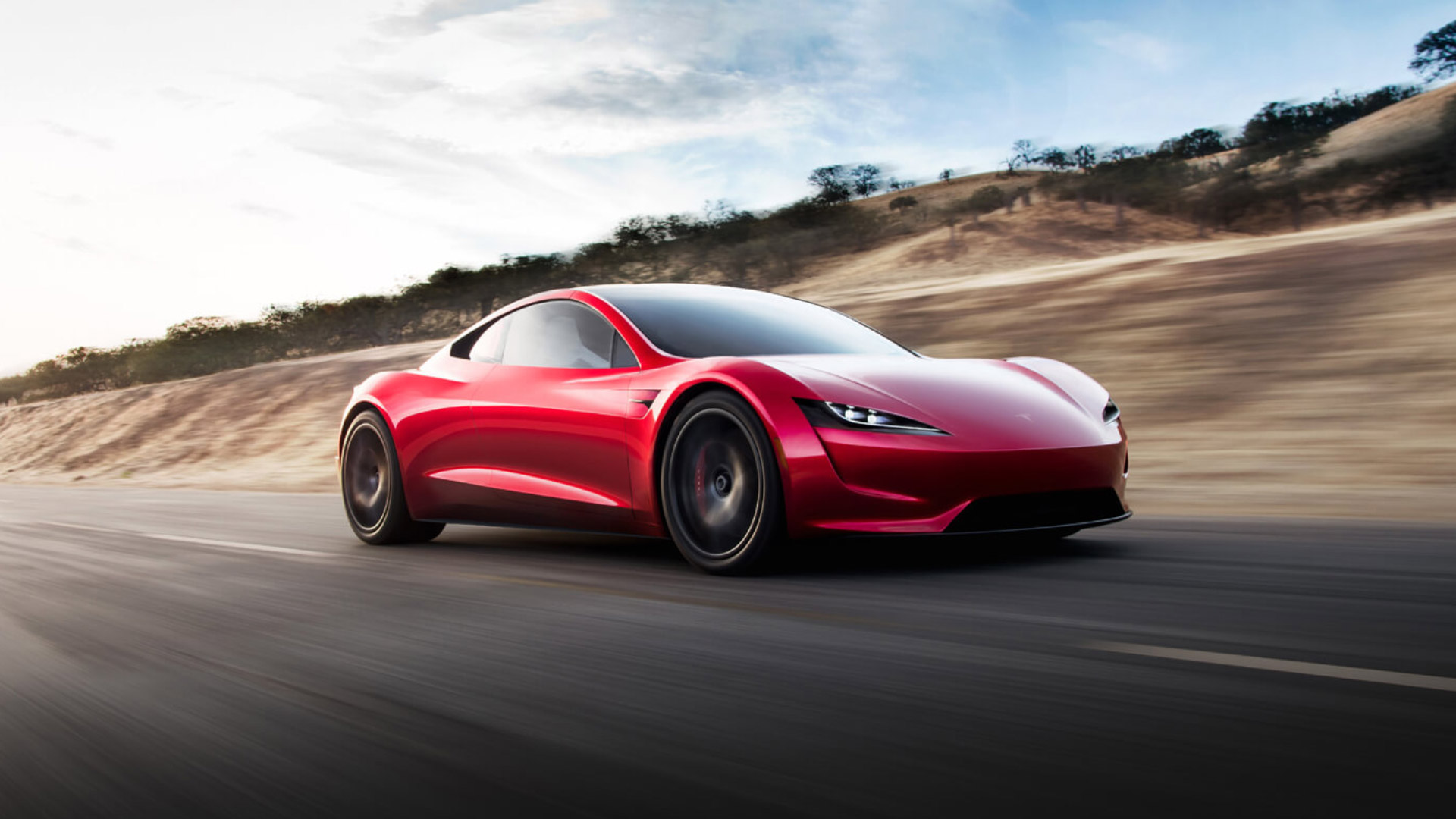
Tesla's Roadster is coming in 2020
Before going electric
"I was a bit of a petrol head before that. I always had, you know, V8 Land Rovers and racy Golf GTIs and all that sort of stuff. And I just couldn't, I thought these are wrong, I shouldn't be using these anymore.
"So, you know, I eventually got rid of all them and just had electric cars. And then the knock on effect of it is it makes you think about where the electricity comes from."
Here are some of Robert Llewellyn's top electric cars, of the past, present and future.
